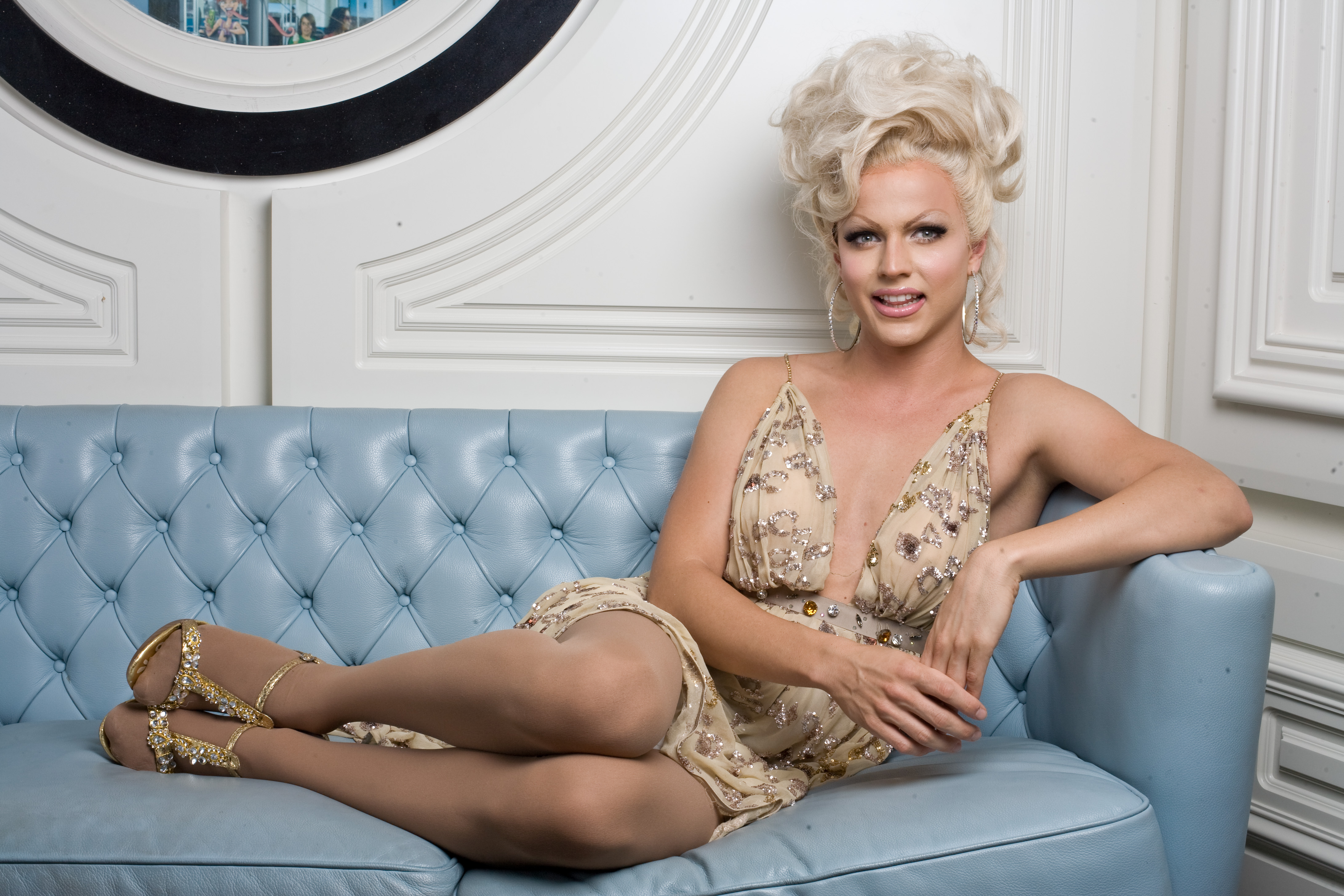I was very young when I was exposed to reality television for the first time. Settled in between both my parents on a Saturday night, I was exposed to a world of excessive behaviours; binge drinking, binge shopping, binge eating, and such. Nothing, it seemed, was off limits in the realm of reality television. I learnt from my parent’s conversations about the genre that it was not to be taken seriously, that reality television was used as a form of comedy relief, a type of sombre escapism. Reality television was not rooted in anything meaningful, and therefore it could not be meaningful.
As I grew older, I began to suspect otherwise. My parents tuned out of the genre, but I stayed tuned in. Reality television was a genre I could see myself reflected in; through its circus of outlandish figures, all of whom were confident and proud in themselves and their alternative identities. I began to see moments of profound self-realisation and moments of revolutionary self-love on my television screen. One shining example being Pete Burns, dressed in gorilla-fur, proclaiming: “My very existence seems to offend and upset imbeciles, which thrills me!” I began to suspect that reality television could indeed be meaningful. These people to me existed only on a screen, but they were real, and they held power. Their words had influence and real-life implications.
Reality television in 2018 feels especially different. This season of Celebrity Big Brother themed itself around ‘the year of the woman’. Reality television in 2018 then, is proving to be a driving force for bringing topics of gender, sexuality, homophobia and transphobia into the public discourse.
Big Brother’s latest series featured LGBTQ+ celebrities India Willoughby and Courtney Act. India is the UK’s supposed first transgender newsreader, appearing frequently on ITV’s talk show Loose Women. Courtney is a public advocate for LGBTQ+ rights, appearing in Australia’s Got Talent and RuPaul’s Drag Race.
India’s introduction to the show was (inappropriately) focused on her being trans. It included a full disclosure on whether or not she has had surgery, and she was referred to by her birth name on the series website. India’s body also became a spectacle and object of curiosity to the other housemates, who asked if they could ‘see her tits’, feeling entitled to do so because she is trans
India’s inclusion in the series is important to trans representation in mainstream media, yet her portrayal in the series leads to expectations of India representing an entire community of people. This is immediately unfair and irrational, becoming further challenging when one considers that India has been divisive within her own community.
In the first day in the house India openly discussed her “fear of drag queens” and how she feels that trans identities in society are being “confused” and “changed” to include people who identify as non-binary, gender fluid and gender queer. India dismissively vocalised these opinions by saying that the term transgender “can mean anything from RuPaul to someone who is Bob one day and Barbara another day, and I think that cheapens the seriousness of it.” This is an incredibly exclusionary and binary view of trans identities. This series of Celebrity Big Brother brought issues in LGBTQ+ communities into the public sphere.
Whilst the series portrayal of India falls into the same old tired narrative used for trans identities before, with Courtney the show provided one of the best representations of trans people and gender diversity a mainstream show has perhaps ever done. Courtney who is a drag artist that uses she/her pronouns when in drag, but identifies as a gender fluid person that uses they/them pronouns when not.
India and Courtney interacted with the other housemates in almost opposite ways. Courtney responded to the other housemate’s questions and confusions around gender-identities in a friendly and educational way, whereas India would respond brashly and storm off. They represented the two different sides of gender and gender identity, one being inclusive and accepting, the other dismissive.
“We know that a lot of people just see us the same and we both know that that’s completely incorrect,” Courtney explained to Willoughby, “I think the tricky thing is that my feeling is that gender does exist on a spectrum. I would say [it’s] like the Kinsey scale with sexuality from zero to six, where zero is exclusively heterosexual and six is exclusively homosexual. I think that gender’s similar where you know if one is female and six is male I’m probably a four. Gender can exist on a spectrum”. The importance of this conversation airing on mainstream television is unfathomable.
Celebrity Big Brother is a great filler for media publications and humans when it comes to real world discussions; discussions on gender and sexuality that penetrate the everyday. It is a way of knowing who’s an ally and who is not, and how prevalent certain views are in society. The house acts as a microcosm of society, with a cross-section of many political and social views. As a non-binary person myself, it is tedious and damaging to see the repeated tired tropes of trans people. It is problematic when producers include a token trans person in a television programme (such as India) who is expected to speak on behalf of all trans people. That is why the inclusion of Courtney into the house this year was met with a collective sigh of relief within the LGBTQ+ community. Courtney was an intelligent and frank voice piece in the house, shining a light on issues that very much needed the spot light on them.

